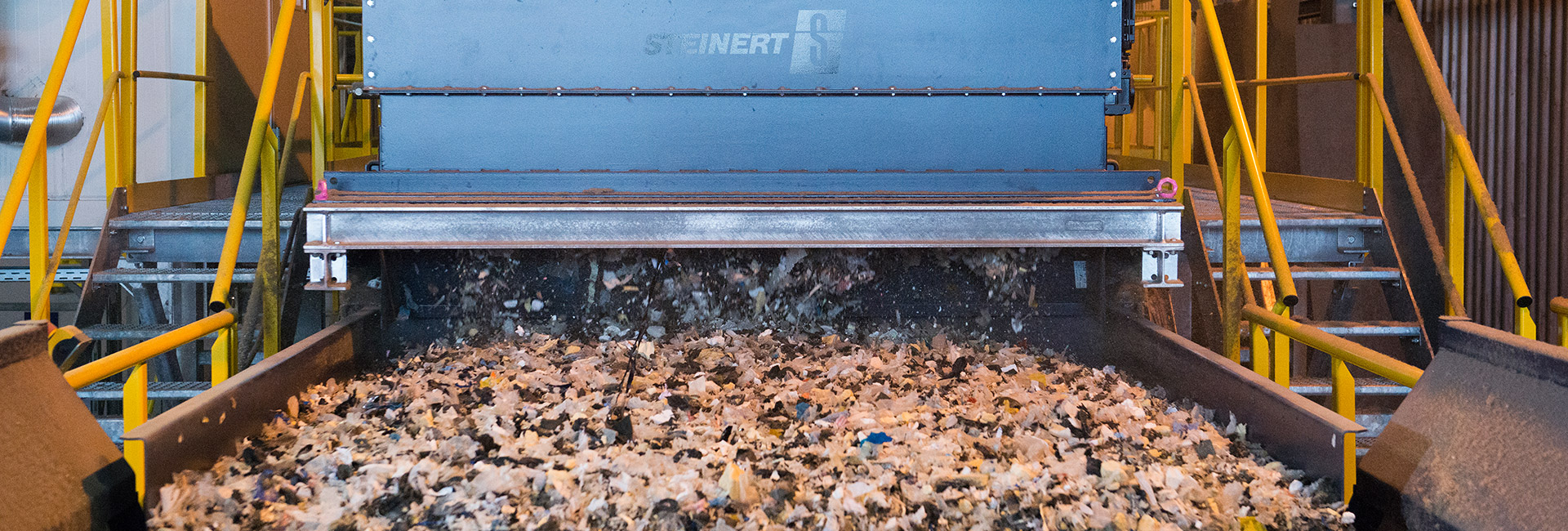As an alternative to thermal recycling, ALBA has developed a highly efficient technology for processing residual waste. In two mechanical-physical stabilisation (MPS) plants in the Berlin region, residual waste is processed into a tradable substitute fuel often known as "green coal".
Turning residual waste into a substitute fuel
Green coal – conserving fossil fuels
Separation and drying - the essence of the process
Making sure the waste is correctly ground, separated and dried is essential. Recyclable materials such as glass oder metals are separated for material reuse. We also remove all non-combustible material – stones, sand, humidity. We then compact all the remaining combustible elements into compact pellets or 'fluff'. These are sent to power plants or cement works, where they are used as a substitute for fossil fuels such as brown coal. The reduction of green house gases is enormous.
Technology with a bright future
ALBA operates these two MPS plants in the Berlin region in cooperation with Berlin's city cleaning operations. Green coal is produced using a diverse combination of technology: rotary drum strainers and flip-flow screens, air and heat separators, metal separators and near-infrared scanners - all working together to make sure the residual waste is sorted efficiently. Only combustible solids that have been dried and ground up reach the pellet press, ensuring an eventual recycling rate of up to 98 per cent.
From waste to energy: ALBA green coal technology
The movie explains how waste becomes green coal.
International businesses are now taking an interest in the processing of residual waste into green coal. We just build the first plant in China in the city of Jieyang in the Guangdong province.
We combine the very latest plant technologies to process residual waste into green coal. The resulting high-quality fuel is now used as a substitute for fossil fuels in cement works and power plants. If you would like to know more about this process - the only one of its kind in Germany - please get in touch.


